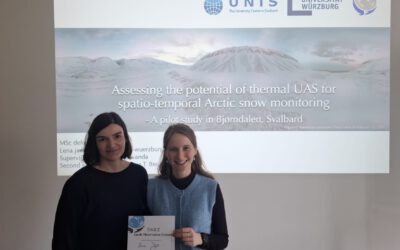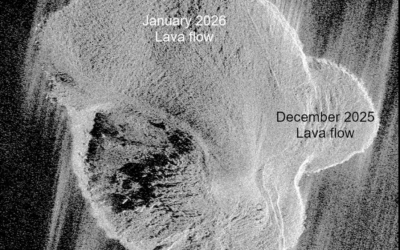On the 21st of April, our Nigerian partner at the Federal University of Minna (Niger State, Nigeria) released the new call for application for the Doctoral Research Programme on Climate Change and Human Habitat. We at the Department of Remote Sensing at the University of Würzburg are absolutely delighted about this new achievement. We will join this programme through lecturing and supervision and in our function as a member of the WASCAL international advisory board.
The application is now open for all qualified candidates from the 11 West African partner countries of WASCAL: Benin, Cabo Verde, Burkina Faso, Côte d’Ivoire, Ghana, Mali, Niger, Nigeria, Senegal, The Gambia, and Togo. Of course, self-financing students can also apply from countries other than WASCAL countries. The deadline for application will end on the 30th of June 2021.
The ongoing support and funding of the programme from the German Federal Ministry of Education and Research (BMBF) are highly appreciated.
We are very much looking forward to the applications of many highly qualified candidates!









